

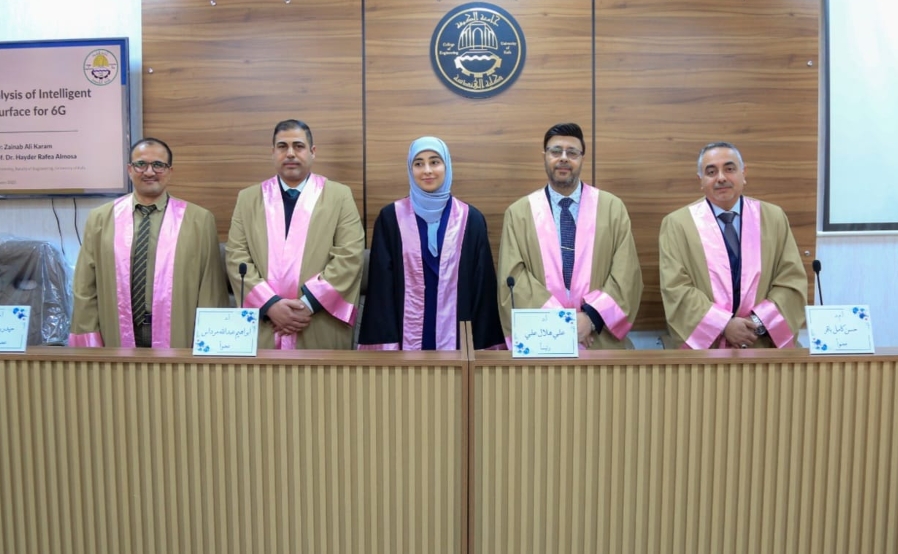
The dissertation aimed at studying
the performance of communication systems supported by the smart reflective
surface (IRS) in 6G networks.
The dissertation reviewed on channel
estimation in single-user input and output (MISO) systems, with spatially
correlated channels, proposing the use of deep learning (DL) to estimate direct
and sequential channels and neural network was also designed to detect the
channel response and maximize the possible capacity of the downlink via joint
optimization of beamforming and phase modification in the smart reflective
surface.
The dissertation highlighted that the
superiority of the deep learning-based channel estimation technique over
traditional methods, with noticeable performance gains across different levels
of signal-to-noise ratio (SNR) and achieving high transmission capacity even at
low SNRs.
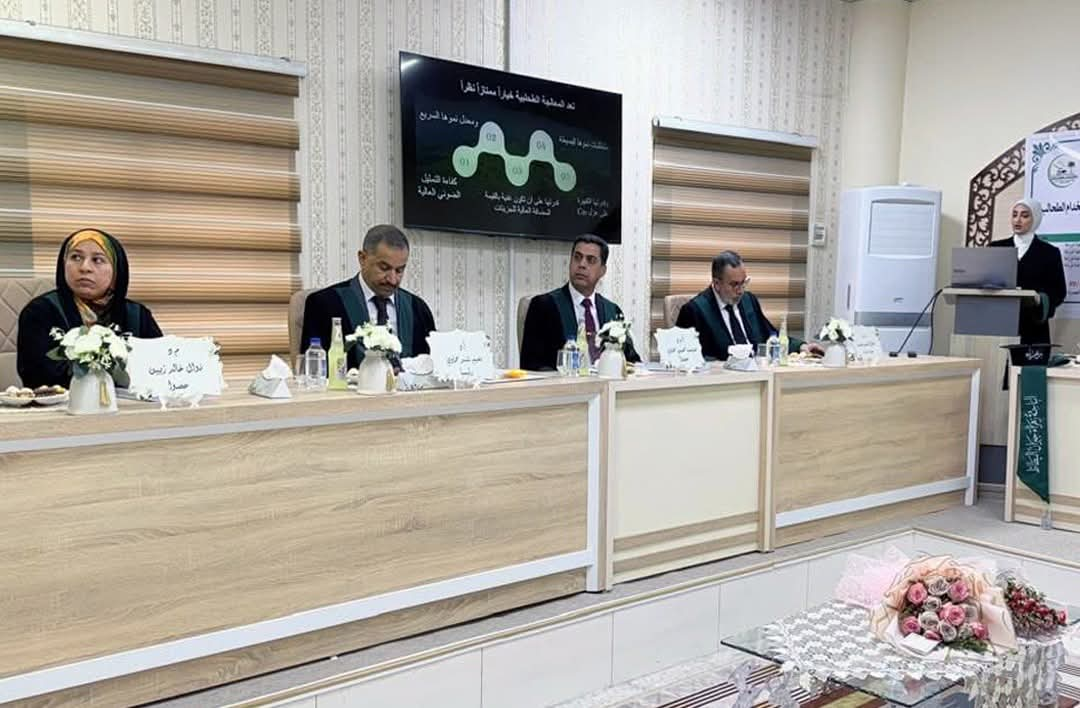
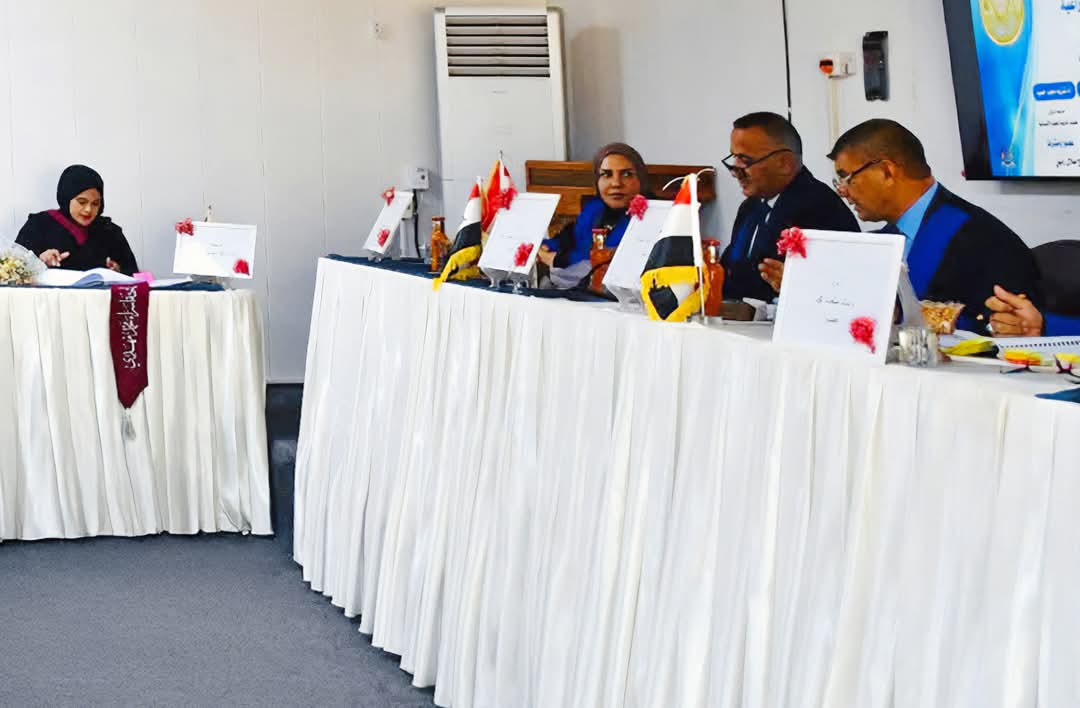
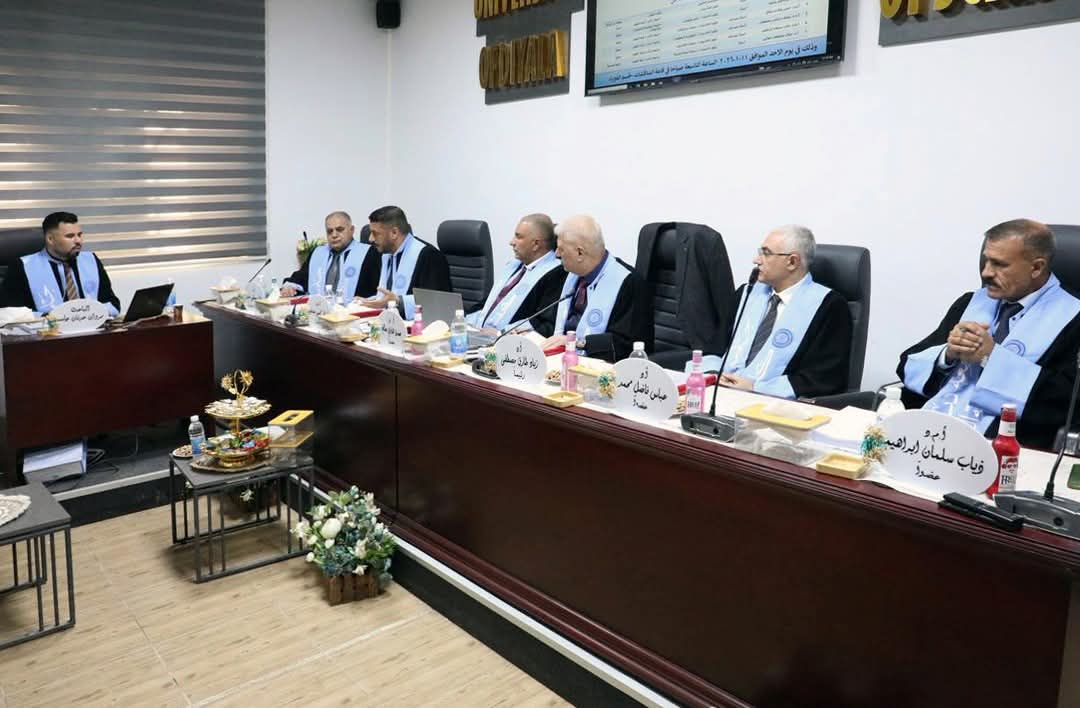
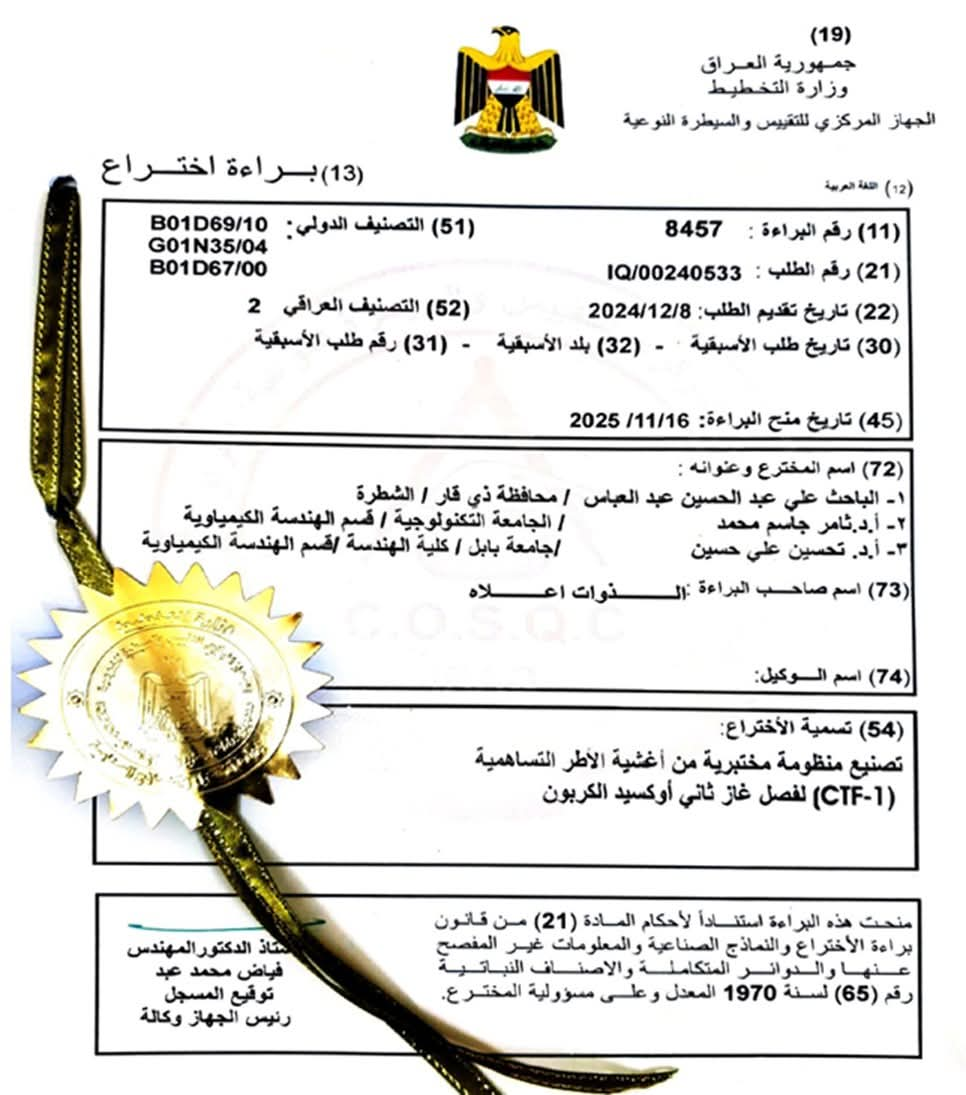
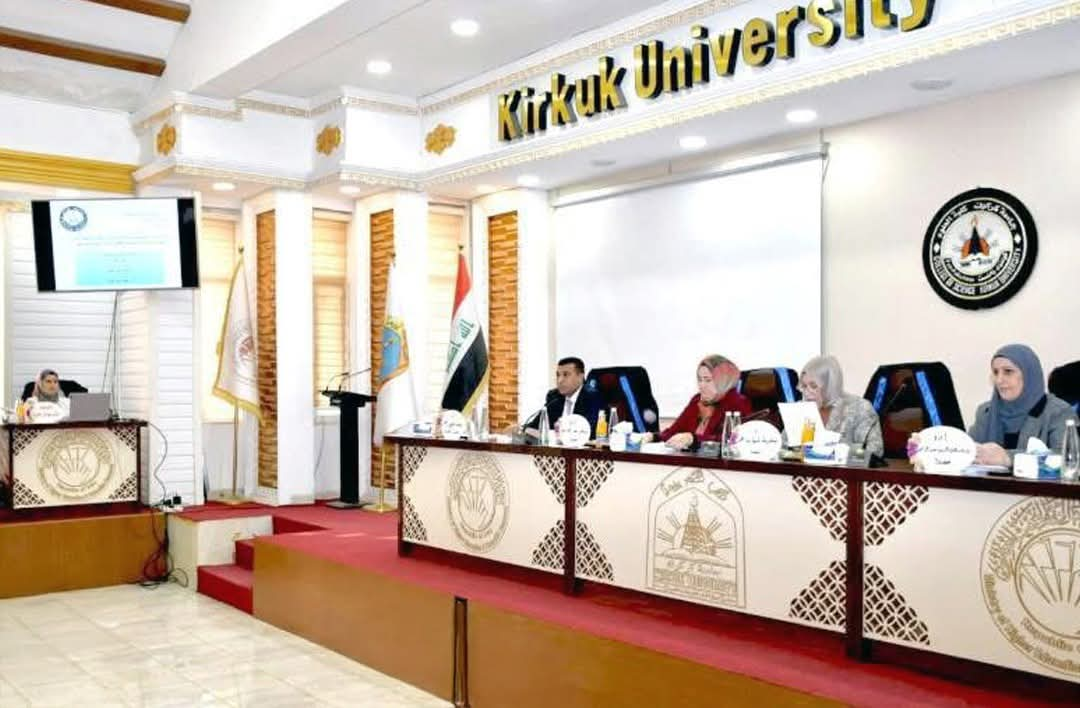
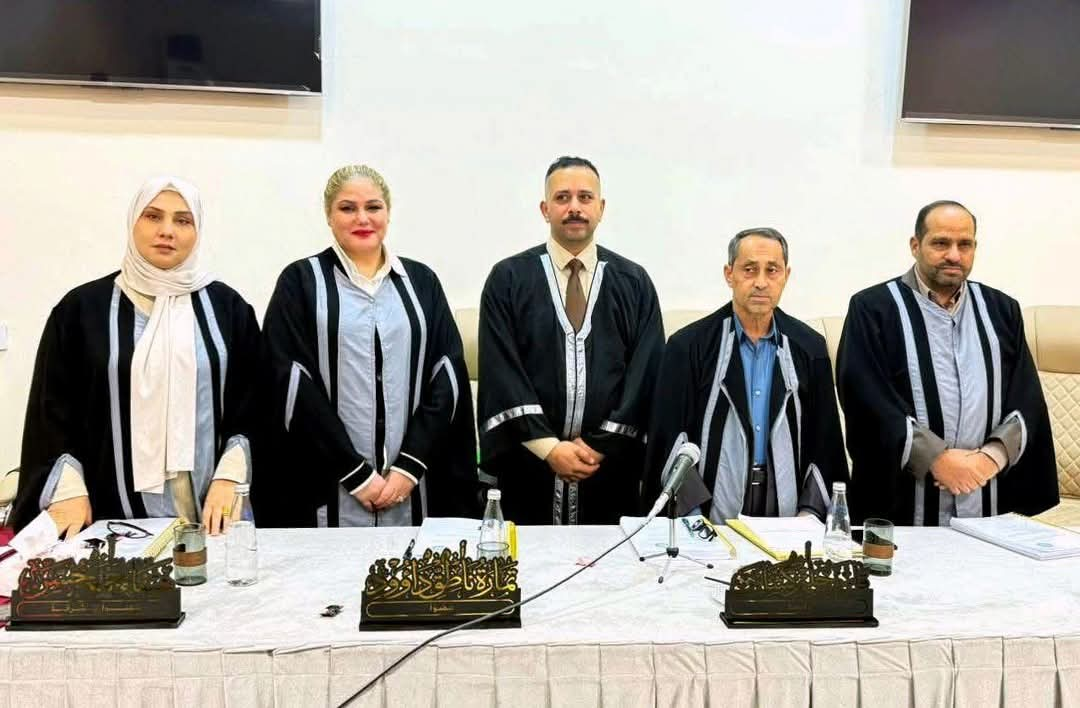

Contact us for any inquiries about the services provided by the Ministry of Higher Education and Scientific Research